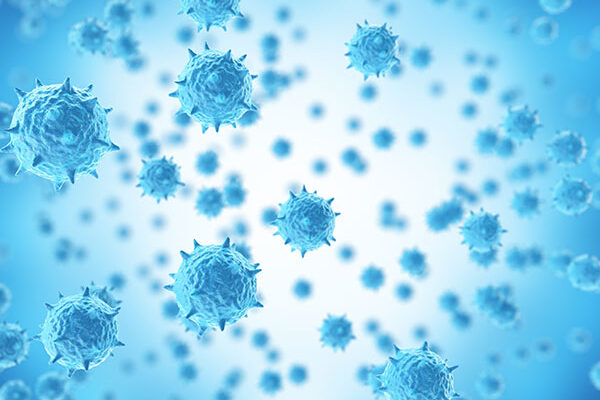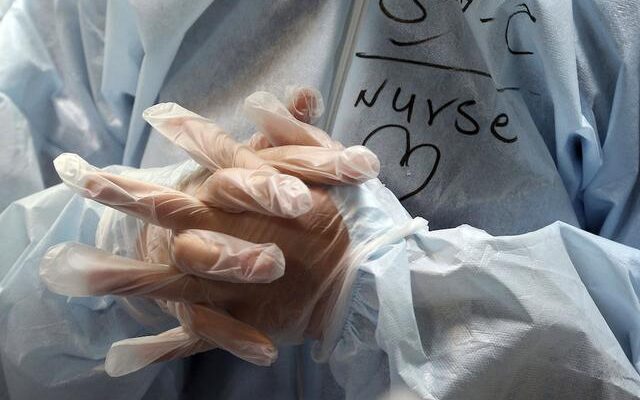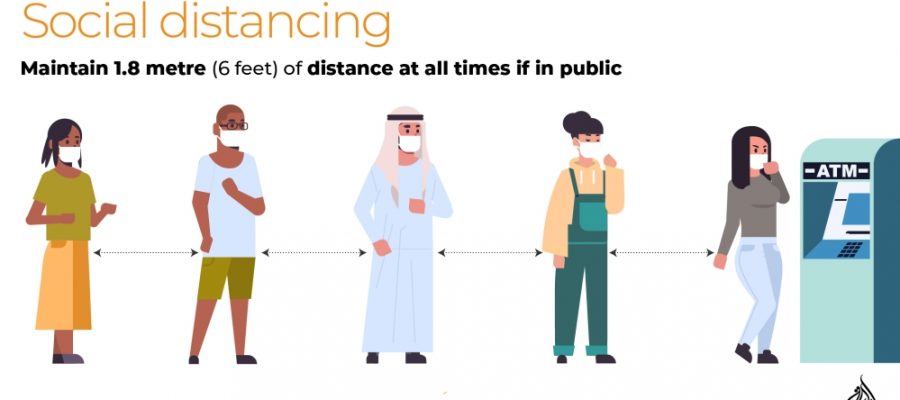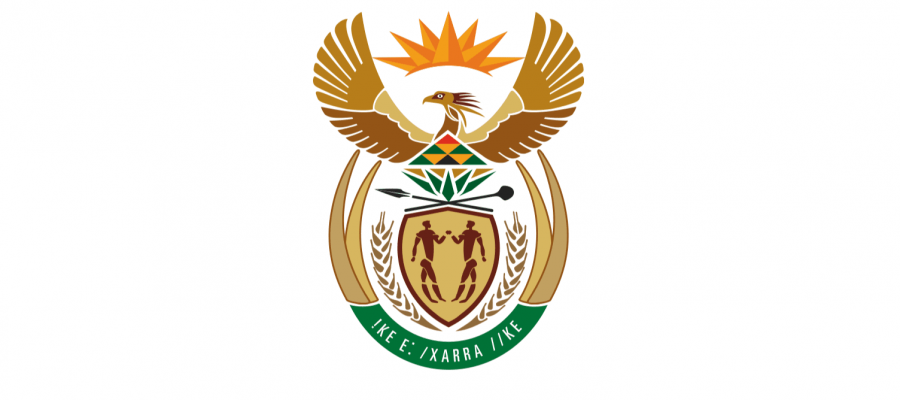COMMUNICATION TO STAKEHOLDERS
SAHPRA OFFICE PROTOCOLS
INSPECTORATE
BACKLOG CLEARANCE COMMUNICATION
CLINICAL TRIALS
MEDICINES
MEDICAL DEVICES
The World Health Organisation (WHO) has assessed COVID-19 as a pandemic. The assessment by the WHO is not unexpected.

What is COVID-19
Coronaviruses (CoV) are a large family of viruses that cause illness ranging from the common cold to more severe diseases such as Middle East Respiratory Syndrome (MERS-CoV) and Severe Acute Respiratory Syndrome (SARS-CoV).
Coronavirus disease (COVID-19) is a new strain that was discovered in 2019 and has not been previously identified in humans.
Coronaviruses are zoonotic, meaning they are transmitted between animals and people. Detailed investigations found that SARS-CoV was transmitted from civet cats to humans and MERS-CoV from dromedary camels to humans. Several known coronaviruses are circulating in animals that have not yet infected humans
Common signs of infection include respiratory symptoms, fever, cough, shortness of breath and breathing difficulties. In more severe cases, infection can cause pneumonia, severe acute respiratory syndrome, kidney failure and even death.
Symptoms:
The most common symptoms of COVID-19 are fever, tiredness, and dry cough. Some patients may have aches and pains, nasal congestion, runny nose, sore throat or diarrhea. These symptoms are usually mild and begin gradually.
These groups may prove to be vulnerable to COVID-19
- aged 65 and over
- with compromised immune systems
- with underlying medical conditions, e.g. Diabetes


Valuable insights:
- The virus is spread through droplets and not aerosol- if we maintain a distance of at least one-and-a half metres of a person with cough symptoms, we should be safe
- Droplets after being coughed fall to the ground or on hard surfaces- they do NOT remain in the air. Clean and disinfect surfaces thoroughly
- Avoid shaking hands and use an elbow or an ankle bump instead
- Do not touch your face, hands, mouth or nose
- Cough or sneeze into tissues
- Wash hands frequently and thoroughly
- Adhere to public health messages
- Stay home when you are ill and seek medical care. Call your healthcare professional in advance
- Avoid the consumption of raw and undercooked meat. Handle meat, milk and animal organs with extreme caution
- Avoid travel if you have a fever or a cough
- Avoid contact with farm or wild animals (alive or dead)
- Use trustworthy sources of information
- for the latest update refer to the NDoH COVID-19 page
- https://sacoronavirus.co.za/
- https://www.who.int/emergencies/diseases/novel-coronavirus-2019
South Africa and SAHPRA are ready
Prof Lynn Morris of the National Institute for Communicable Diseases (NICD) is convinced that South Africa is prepared for COVID-19. In her 27 years at the NICD she has encountered HIV, Ebola, TB, Listeria and Klebsiella, among others. What has been done thus far include:
- The Minister of Health has activated the Emergency Operations Centre (EOC) on 29 January 2020, giving South Africa sufficient lead time to prepare for the inevitable.
- NICD staff have been on a “wait-and-see” mode, and have been working tirelessly
- 3 000 health workers have been trained, including in the private health sector
- There has been constant communication with the WHO and the preparation of clinical protocols for vaccines, anti-virals and prophylaxis has been prioritised
- WHO has held two high-level meetings that SAHPRA has participated in and has worked to come up with a treatment protocol on hospitalised patients.
- SAHPRA has also worked closely with the Department of Health and key stakeholders such as the NICD
- In line with national and global priorities, SAHPRA will work with the NDoH, the NICD and other related bodies to try to contain the virus as far as possible.


Social Distancing
Maintain a distance of at least 1.5 metres from people who cough or sneeze or if they are suspected of having contracted the virus. Avoid body contact and refrain from handshakes. Use the “Namaste” stance which involves putting the hands together and bowing slightly as a form of greeting. Alternatively, use the elbow or the ankle bump.
People who share offices must ensure that the distance of 1.5 metres is maintained and try and keep windows and doors open.
Avoid crowds and gatherings. Heed the President’s order to not hold any gathering of 100 or more people and be cautious when you attend smaller gatherings. Avoid music concerts, sports events, meetings, conferences and take the necessary precautions when you visit the gym, the cinema or the theatre.
Presidential Priorities
The President’s address on 15 March outlines several measures that are aimed at combating the virus. The President announced a National State of Disaster. Measures to address the pandemic include travel bans for people entering South Africa and discouraging South Africans from visiting affected countries. He went further to discourage local travel via modes such as air, rail and taxis. He also placed a ban on gatherings of 100 or more people. Smaller gatherings will have to be strictly controlled. Schools will close as at 18 March 2020 until the end of the first quarter vacation. He stressed the need for strict hygiene and a change of behavior in this regard.

If you fall ill
Stay at home and isolate yourself as a start. Contact your healthcare professional and inform him/her of your symptoms before you go to the practice. Encourage those living with you to also stay at home and seek medical care.
Treatment
Several COVID-19 vaccines have been developed and authorised for emergency use or approved for regular use in various countries. These vaccines have played a crucial role in combating the spread of the virus and reducing the severity of illness.
Drugs and Vaccines
When a vaccine or drug is developed to prevent or treat COVID-19, SAHPRA will take appropriate action to ensure availability.
AWARENESS RESOURCE LINKS
- https://www.canada.ca/en/public-health/services/diseases/2019-novel-coronavirus-infection/awareness-resources.html
- http://www.nicd.ac.za/diseases-a-z-index/covid-19/covid-19-resources/
- http://www.nicd.ac.za/diseases-a-z-index/covid-19/covid-19-communication-resources/
- https://www.who.int/news-room/detail/09-04-2020-medical-product-alert-n4-2020
